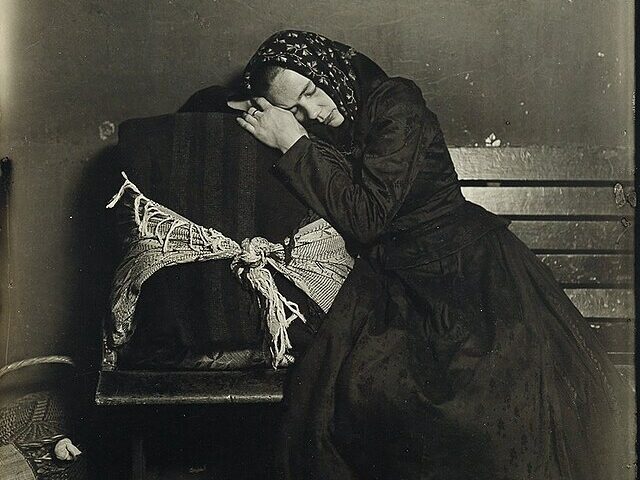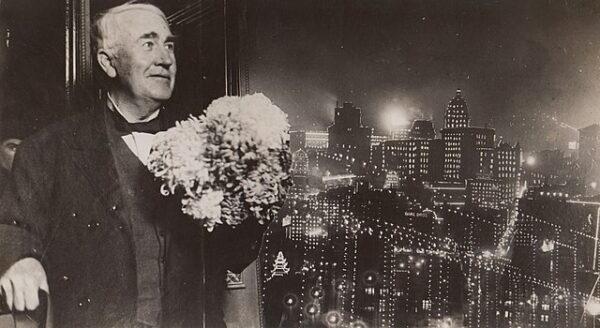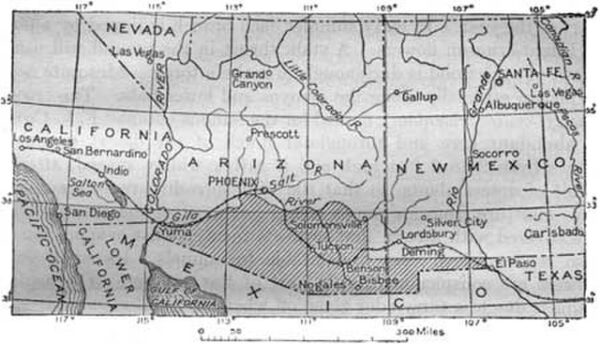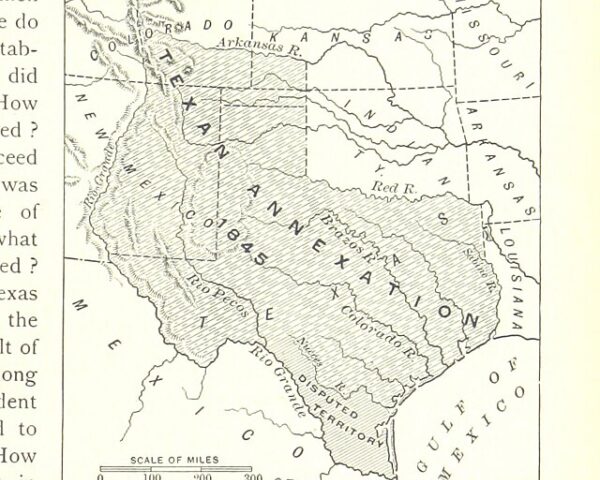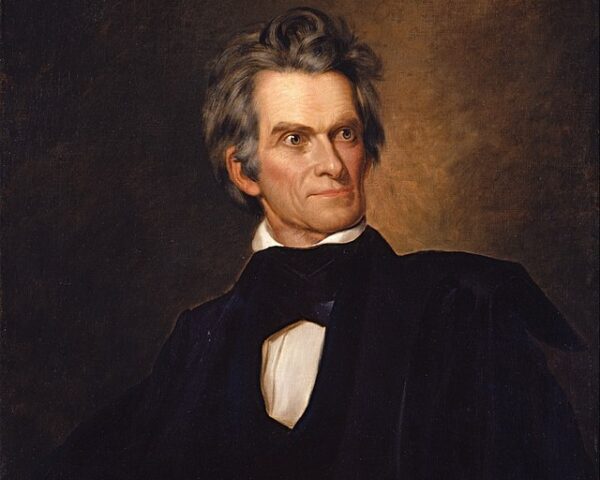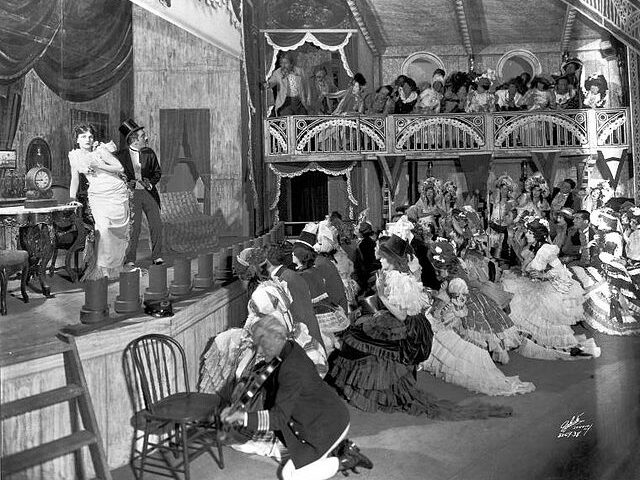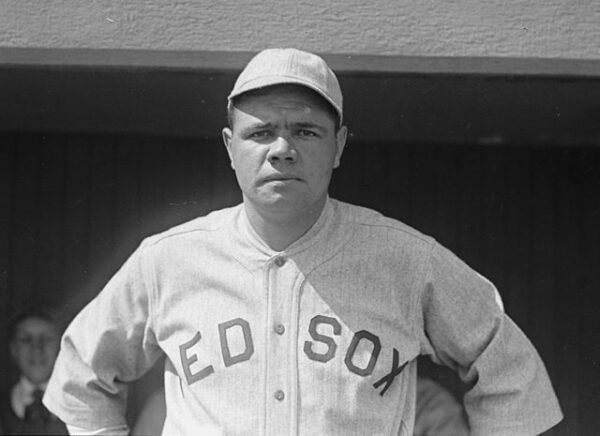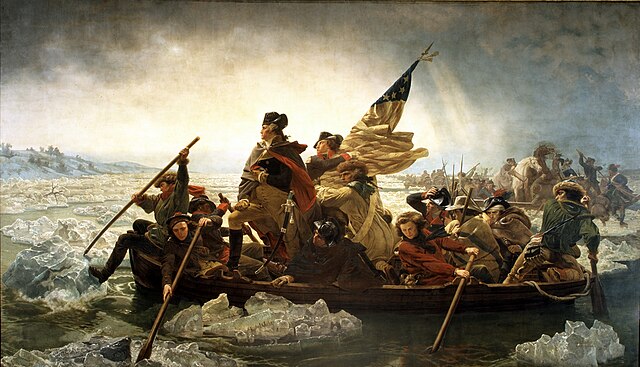On January 1, 1892, a small island in New York Harbor officially became the primary gateway to the United States for millions seeking a new life. That morning, Ellis Island opened its doors as the nation’s first federally operated immigration station, marking a turning…
Read MoreProspect Hill in Charlestown, Massachusetts, holds historical significance as the site where the Grand Union Flag was raised on January 1, 1776, symbolizing a crucial turning point in the American Revolution. Often regarded as the first national flag of the United States, it embodied…
Read MoreOn December 31, 1879, Thomas Alva Edison forever changed the world by publicly showcasing his incandescent electric light bulb at his Menlo Park laboratory in New Jersey. This groundbreaking event marked a pivotal moment in history, symbolizing humanity’s shift from the flickering glow…
Read MoreThe Gadsden Purchase, also known as the Treaty of La Mesilla, was a significant event in the mid-19th century that involved the acquisition of a portion of present-day Arizona and New Mexico by the United States from Mexico. The purchase was named after James…
Read MoreOn December 29, 1845, Texas officially became the 28th state of the United States, marking the culmination of a decade-long struggle for recognition, sovereignty, and inclusion in the Union. The annexation of Texas stands as one of the most consequential and debated events in…
Read MoreOn December 28, 1832, John C. Calhoun became the first Vice President of the United States to resign from office, marking a pivotal moment in American history. His resignation highlighted the escalating sectional tensions. Far from being an impulsive decision, Calhoun’s departure was the…
Read MoreThe United States Endangered Species Act (ESA) of 1973 may be one of the most important pieces of environmental legislation ever passed by the United States Congress. Recognizing the ecological importance, economic value, and intrinsic worth of wildlife and plants, the ESA was signed…
Read MoreOn December 27, 1927, Show Boat premiered at the Ziegfeld Theatre on Broadway, marking a turning point in American musical theater. This groundbreaking collaboration between composer Jerome Kern and lyricist Oscar Hammerstein II brought to life Edna Ferber’s 1926 novel, transforming the art form…
Read MoreOn December 26, 1919, a deal was finalized that would permanently change baseball history and give rise to one of the most famous superstitions in sports: the Curse of the Bambino. Boston Red Sox owner Harry Frazee sold the team’s star player, George Herman…
Read MoreWashington Crossing the Delaware is an iconic moment in American history that took place during the American Revolutionary War on the night of December 25-26, 1776. Leading the Continental Army, General George Washington orchestrated a daring and strategic crossing of the ice-filled Delaware River…
Read More

